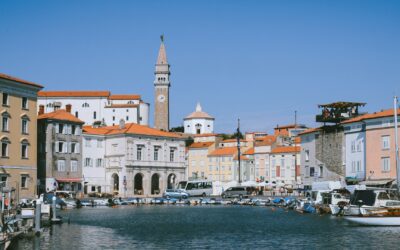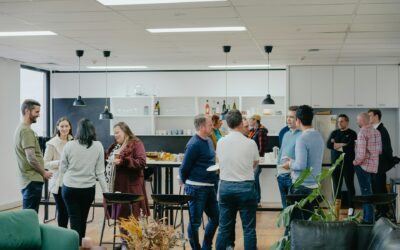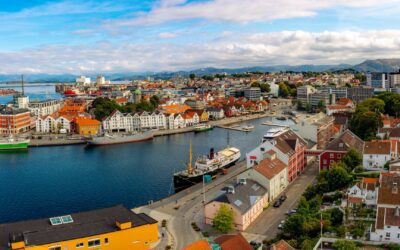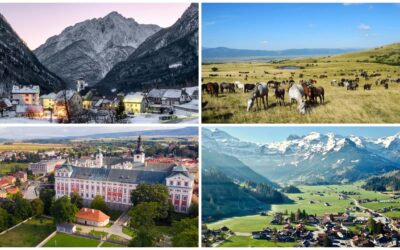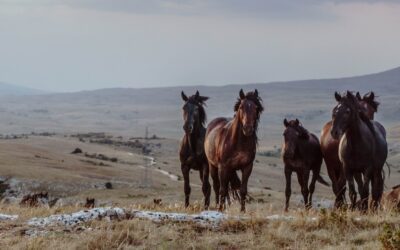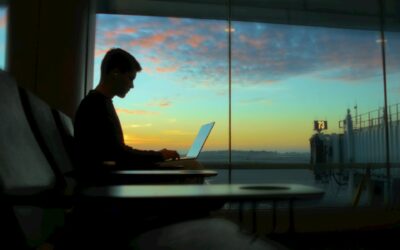|
|
The idea of taking your laptop to the mountains, the coast, or a charming European village sounds like a dream — until you realize that a “workation” isn’t a vacation. It’s a different way of living and working. And that distinction matters more than it seems.
At Hubs Travel, this distinction is at the core of how every edition is designed. The goal isn’t to create another retreat or coworking camp — it’s to create an environment where remote workers can live, work, and connect authentically, while contributing to local life in meaningful ways.
What to Expect: Independence, Connection, and Real Life
A Hubs edition is built on three principles: independence, community, and local immersion.
You’ll have your own accommodation and often a coworking space to focus on your projects. But beyond that, your experience is self-directed. There’s no fixed daily schedule, no mandatory group activities, and no facilitator checking in on your productivity.
Instead, participants come together naturally — to share meals, join local hikes, collaborate, or simply talk about life over coffee.
The result? You feel part of the local rhythm, not like a guest on a curated tour.
What Not to Expect: A Summer Camp or an All-Inclusive Retreat
If you’re looking for a program packed with workshops, guided tours, and pre-planned activities, Hubs.travel probably isn’t for you — and that’s by design.
This model is closer to real life abroad than to a retreat. You take responsibility for your own space, your work, and your social life. Just like moving to a new city, what you get out of it depends largely on what you put in.
There’s no one entertaining you or planning your days. But there’s a community of like-minded people doing the same thing: working remotely, exploring new cultures, and finding a new balance between productivity and well-being.
Why This Model Works
Freedom attracts the right kind of people. The kind who value autonomy, curiosity, and mutual respect.
By removing the over-structured “retreat” aspect, Hubs editions naturally attract independent professionals — entrepreneurs, freelancers, creatives, and remote employees — who are self-motivated and open to connection.
This creates a community dynamic that feels genuine and fluid. People collaborate when it makes sense. They share experiences when they want to. The result isn’t forced networking — it’s organic belonging.
The Deeper Impact
Beyond the personal experience, this independence-based model also benefits the destinations. By encouraging participants to live like locals rather than tourists, Hubs helps generate long-term, balanced economic impact — supporting local landlords, cafés, coworking spaces, and small businesses during low or shoulder seasons.
At the same time, locals benefit from cross-cultural exchange and new perspectives, while participants gain something that can’t be planned: a sense of rootedness, even if temporary.
In Short
A Hubs Travel workation is not a vacation.
It’s a space for remote workers to live meaningfully, connect naturally, and contribute sustainably — without losing the freedom that makes this lifestyle so appealing in the first place.
Because at the end of the day, workations aren’t about escaping life.
They’re about building a better rhythm within it.


